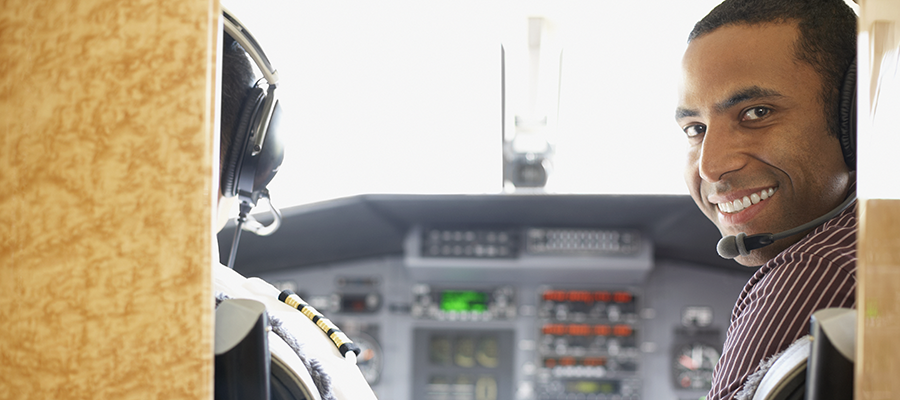

With the AME’s permission, the pilot may continue to fly on their current medical certificate until it lapses.

The pilot takes the physical examination, but rather than issue the medical certificate or give the pilot a denial letter, the AME defers the application and medical certificate to the Regional Flight Surgeon or the Aeromedical Certification Division in Oklahoma City. In this situation, the AME notes a medical condition that is questionable with regards to eligibility for medical certification. The third possible outcome is an intermediate decision termed a DEFERRAL. A denial of an application is extremely rare. If the pilot can present information that the disqualifying medical condition has resolved or is being treated in an aeromedically safe manner, the FAA may reissue the airman’s medical certificate. That information is forwarded to the FAA Aeromedical Certification Division which will then issue a formal denial letter and request return of the current Airman’s Medical Certificate. If pilot’s clearly do not meet FAA medical standards, particularly if they have conditions that are specifically grounding in Part 67 of the FARs or the Guide to Aviation Medical Examiners, the aviation medical examiner may issue a denial letter to the pilot revoking the pilot’s current medical privileges. The overwhelming majority of physical exams have this result.Ī second result is a DENIAL of the medical certificate. In this circumstance, the pilot completes the FAA Form 8500-8, Application For Medical Certification, at the time of the physical examination and assuming he or she meets all of the standards, walks out of the AME’s office with a new medical certificate in hand. Understand the three possible outcomes of an FAA medical examinationįirst, the expected outcome for a physical examination is that the medical certificate will be ISSUED. We recommend using these AMEs, many who are members of the Civil Aviation Medicine Association. They are very comfortable working within the system, knowledgeable about the regulations and capable of assisting the pilot with rapid determinations of eligibility. Some AME’s do hundreds or even thousands of FAA physicals each year and are extremely familiar with the nuances of the FAA administrative process. Those AME’s who do make the time for a phone call may save you weeks of administrative time versus those who do not take the time, but instead defer a medical certificate to the Regional Office or Oklahoma City for a decision. The pace of their practice may not allow them to take the time to make a phone call to the Regional Flight Surgeon or the Aeromedical Certification Division at Oklahoma City if a question arises about your medical qualifications. Many AME’s do relatively few examinations each year and have a very busy office practice. The AME should be knowledgeable about aviation medicine and willing to work with the pilot, the pilot’s treating physicians, and the FAA Regional and national offices if necessary, to help you retain your medical certificate. Select an AME that you and other pilots are comfortable using.
SENIOR AVIATION EXAM FREE
ALPA pilots are entitled to free services by calling the ALPA Aeromedical office at 30. Airmen whose companies contract with AMAS can call 72 as our services are included under contract. Of course, pilots and AME’s are always welcome to contact the Aerospace Medicine physicians of Aviation Medicine Advisory Service (AMAS) through the secure and anonymous Confidential Questionnaire or by contacting our offices at 1-866-AEROMED. An AME who knows you well is more likely to answer questions for you over the phone about your use of medications, medical conditions and flying. Additionally, the AME will have a file of all correspondence to and from the FAA regarding your medical certificate. Medical problems that have been previously addressed will be familiar to this AME and not be a source of anxiety for you or your AME when you report them on your physical.

Many times, the convenience of scheduling an appointment for a physical on short notice will save you time or missed flying days. Establish a long term relationship with an Aviation Medical Examiner (AME)Īn AME who knows you and your medical history well and who is also willing to make the extra effort to help you keep your medical certificate is an invaluable resource. 12 Tips for Taking Your FAA Medical Exam The 12 Tips: 1.


 0 kommentar(er)
0 kommentar(er)
